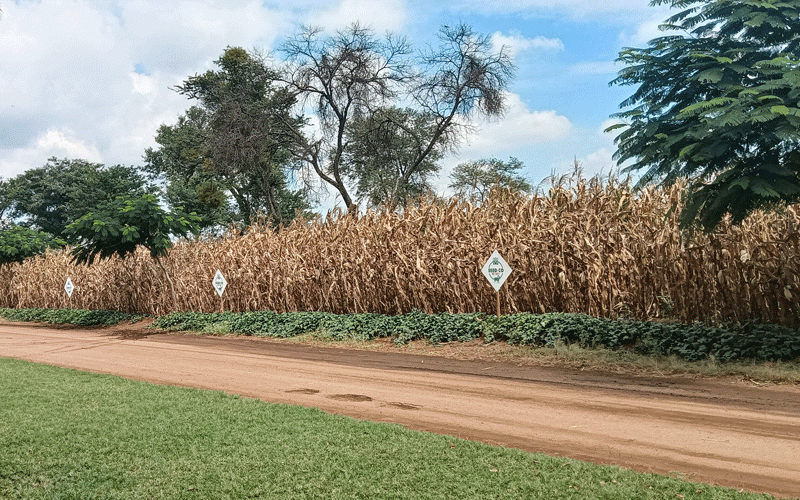
ZIMBABWE’S maize production is expected to fall short of national requirements by 10%-15% this season due to prolonged dry spells.
According to the World Food Programme’s March situation report, the 2024/25 agricultural season was marked by uneven rainfall.
The report said southern regions received above-average precipitations, while northern and eastern areas faced delayed and erratic rains.
This rainfall disparity impacted Zimbabwe’s agricultural sector, particularly smallholder farmers who rely heavily on rain-fed agriculture.
“According to Sadc and FAO [Food and Agricultural Organisation] reports, maize production is expected to remain 10%–15% below national requirements due to poor rainfall distribution and prolonged dry spells, particularly affecting smallholder farmers,” the report read.
“The upcoming April-June 2025 harvest will be critical in determining the severity of food insecurity.
“Early projections suggest improved yields although national production might remain insufficient to meet domestic demand, necessitating continued grain imports.”
WFP said the humanitarian funding shortfall exacerbated the challenges faced by farmers and humanitarian organisations working to mitigate the impacts of the drought.
- Mr President, you missed the opportunity to be the veritable voice of conscience
- ED to commission new-look border post
- Zanu PF ready for congress
- EU slams Zim over delayed reforms
Keep Reading
“Humanitarian efforts remain underfunded, with only 35% of required agricultural recovery financing secured, heightening concerns over food insecurity,” the report read.
Also, tight monetary and fiscal policies have exacerbated the economic implications of the maize production shortfall significantly.
The report highlighted the need for increased support to farmers, particularly smallholder farmers, to help them to recover from the impacts of the drought.
“The Zimbabwean government and humanitarian partners must work together to provide support to farmers, particularly smallholder farmers and enhance their resilience to climate-related shocks, through the implementation of resilience programmes, provision of agricultural inputs and support for irrigation infrastructural development,” the report read.
“Additionally, government must prioritise agricultural development and ensure adequate funding is allocated to the sector to mitigate the impacts of future droughts and ensure a food-secure future for citizens,” WPF added.
President Emmerson Mnangagwa last year declared the El Niño-induced drought a national disaster.










